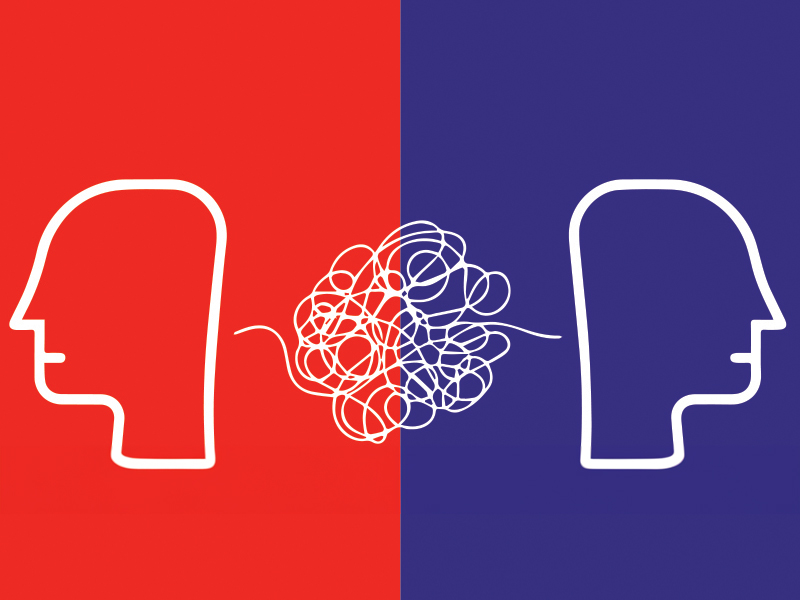The great emperor Julius Caesar attributed victory on the field of war to the division of the enemy. Machiavelli, in his great work "The Prince", concretizes the absolute power of a nation as long as division is sought in the administration of its society. "Divide and rule" seems to have found a very special place that shines with its own light in the current polarization. With a political climate increasingly divided into absolute extremes, where the relativity of opinion does not exist, the phrase of the emperor and the Italian writer acquires a deeper meaning, since the strategy of dividing is currently the constant, it is used by many political leaders around the world to come to power and stay in power.
The objective of dividing the population into two conceptually different camps is to create a situation in which some citizens confront others instead of uniting to support a common cause or good. Political leaders who use this strategy benefit from a divided society, as they can use the lack of unity to create political divisions, thus keeping their base compact while, at the same time, discrediting their opponents.
Political division, in this context, can be understood as the construction of identity patterns, where their profiles are the only ones accepted, creating the perception that one side is the enemy of the other. With this idea, society is divided into groups with opposing interests that operate in different political circles, which become an endless source of conflict. As a result, barriers are formed with adversaries that prevent mobilization and common action against shared problems and interests, all in search of chaos to call themselves "saviors" and thus remain in power.
Polarization is fueled by the increasingly visceral and emotional nature of politics, where feelings and emotions are used to motivate people. The press that is not very objective and manipulated by the powerful, and uncontrollable social networks, are used as tools to help maintain a gap between the population, instead of reporting the truth about the facts. Here the deactivation of educational lines plays a predominant role. An ignorant society turns out to be more manipulable, turning into groups with no empathy.
There are many cases in which divisive tactics are used to distract from other more serious problems that are occurring in the country. In some cases, the government or economic elites use polarization to avoid criticism and evade responsibility on issues related to corruption, inefficiency in public administration and other problems that affect citizens.
It is important to note that division does not have to be a premeditated strategy. Many times, divisions are the result of the existence of a heterogeneous society, where citizens have different ideologies, beliefs and needs. However, political leaders must be careful and cautious in how they deal with these differences to avoid falling into the trap of polarization and division.
The famous saying "divide and rule" seems to be applying in the current political polarization in many places around the world. Leaders who use polarization as a strategy to stay in power benefit from the lack of unity and the creation of political divisions. Society, instead of seeking shared solutions, loses its capacity for mobilization and common action. It is important to be alert to these tactics and work to create a more inclusive and plural society, where polarization is not used as a tool to gain power. Unity and empathy are essential for building a more just and equitable society. Never forget that history has divided us between north and south, between black and white, between red and blue, between immigrant and citizen. Never forget it so as not to repeat it, we have suffered a lot for not respecting and accepting the differences of our brothers.
Oscar Arenas
Editor





